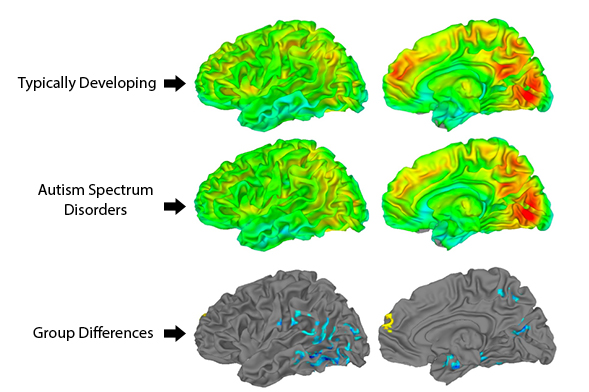The human brain, a marvel of complexity, is susceptible to a wide range of diseases that can significantly impact an individual’s life. In this article, we delve into the intricate world of brain diseases, with a specific focus on those related to “lren.” Understanding the nuances of these conditions is crucial for effective prevention, diagnosis, and treatment.
The Complexity of Brain Diseases
Brain diseases are multifaceted, affecting various cognitive and motor functions. From neurodegenerative disorders to neurological conditions, the diversity of brain diseases poses unique challenges for researchers and healthcare professionals. The impact of these diseases extends beyond the individual, affecting families and communities.
Understanding “lren”
“Lren,” a term gaining prominence in the realm of brain diseases, encompasses a group of conditions that share common features. These conditions, while diverse in their manifestations, are united by the underlying factor of “lren.” To comprehend the significance of these diseases, it’s essential to explore their prevalence and characteristics.
Common Brain Diseases Linked to “lren”
Several brain diseases are intricately linked to “lren,” each presenting its own set of challenges. Conditions such as [specific diseases] are known to be associated with “lren,” making it imperative to understand the distinct characteristics of each.
Signs and Symptoms
Recognizing the signs and symptoms of brain diseases related to “lren” is crucial for early intervention. These may include [list of common symptoms], and their manifestation can vary from person to person. Awareness of these indicators is vital for individuals and their caregivers.
Diagnosis and Detection
Advancements in medical technology have facilitated the diagnosis and detection of brain diseases. From neuroimaging techniques to genetic testing, healthcare professionals employ a range of tools to identify conditions associated with “lren.” Early detection is key to initiating timely interventions.
Treatment Approaches
The treatment landscape for “lren”-related brain diseases is diverse, encompassing pharmaceutical interventions, therapeutic approaches, and lifestyle modifications. Personalized treatment plans tailored to the specific needs of individuals contribute to better outcomes.
Preventive Measures
While not all brain diseases can be prevented, adopting certain lifestyle measures can reduce the risk of conditions related to “lren.” These may include [list of preventive measures], emphasizing the importance of a holistic approach to health.
Advancements in Research
The field of neuroscience is dynamic, with ongoing research shedding light on the complexities of brain diseases. Recent breakthroughs in [specific areas of research] offer hope for improved understanding and innovative treatment approaches for conditions associated with “lren.”
Impact on Quality of Life
The impact of “lren”-related brain diseases extends beyond the physiological realm, significantly affecting the overall quality of life for individuals. Navigating these challenges requires a comprehensive approach that addresses both medical and psychosocial aspects.
Challenges in Addressing Brain Diseases
Despite progress, addressing the myriad challenges posed by brain diseases remains a complex task. Limited access to healthcare, societal stigma, and the intricacies of individual cases contribute to the complexity of managing conditions associated with “lren.”
Support Systems
The role of support systems cannot be overstated in the context of brain diseases. Families, caregivers, and community networks play a crucial role in providing emotional and practical support to individuals facing the challenges of “lren”-related conditions.
Promoting Awareness
Raising awareness about brain diseases, particularly those associated with “lren,” is paramount for fostering understanding and empathy. Public awareness campaigns, educational initiatives, and community engagement contribute to breaking down stigma and promoting inclusivity.
The Future Outlook
As research and technology continue to advance, the future outlook for addressing brain diseases linked to “lren” holds promise. Collaborative efforts between researchers, healthcare professionals, and advocacy groups pave the way for innovative solutions and improved outcomes.
Conclusion
In conclusion, the landscape of brain diseases, especially those related to “lren,” is complex and multifaceted. Understanding, awareness, and ongoing research are vital components in the collective effort to address these conditions. By fostering a holistic approach that integrates medical advancements with societal support, we can strive towards a future where individuals affected by “lren”-related brain diseases experience improved quality of life.

